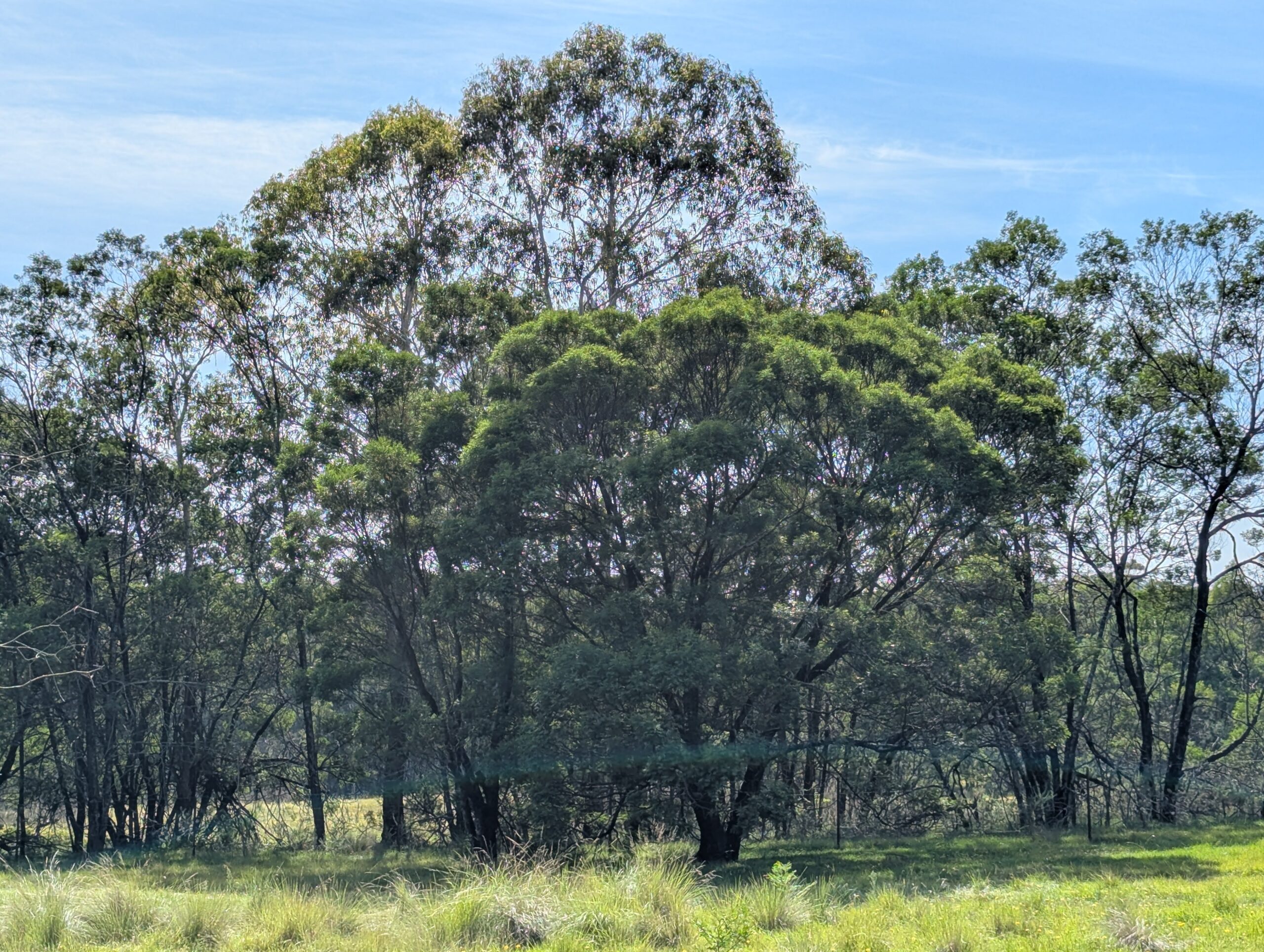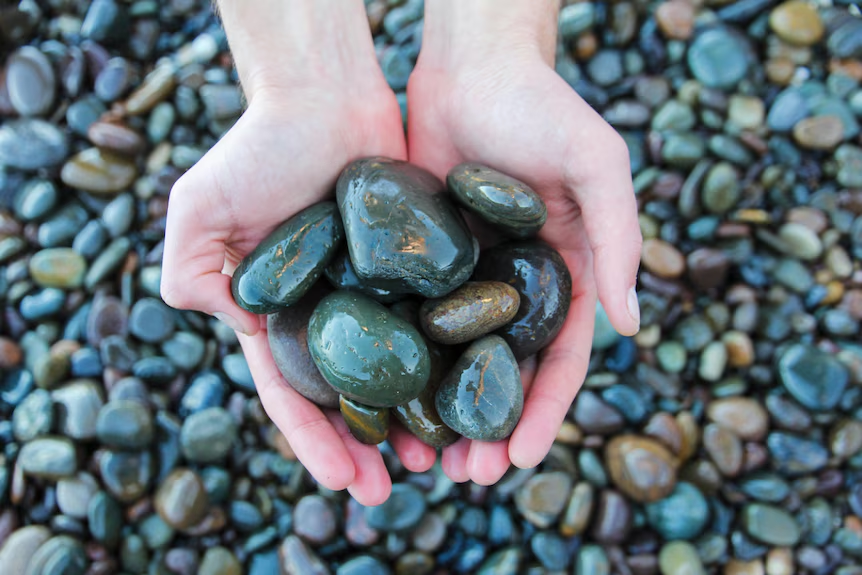Fa-la-la-la-la la-la-la-la

Fa-la-la-la-la la-la-la-la

Incredibly time has rushed to complete the first quarter already o_0 but much has happened too, and a lot of it was nice o/`

As a third culture kid -raised in a culture other than my parents’- I have never truly felt a sense of belonging to any particular place. It’s a feeling of statelessness, living in society but always as an outsider.
Even after 25 years in Australia, I am deeply grateful and respect my family’s heritage but I don’t belong to any of them. I love living in Australia because of the her sublime nature, the beauty of the Australian bush, the multiculturalism. But I don’t belong here either. I don’t belong anywhere, other than the earth beneath me. And I’ll do my best to protect her the best I can.

Hello from Sydney’s Botanical Gardens o/`

Travelling up the kangaroo valley to see Bowral’s tulips and cherry blossoms was the perfect way to celebrate the spring equinox :*D

Love this article <3 (because I love pebbles :D)
“During the ice-age when Australia was nearer the South Pole, glaciers dominated the landscape. As glaciers bulldozed through the landscape, rocks and debris were picked up and carried along in the weight and movement of ice. When the glacier reached the ocean, chunks carved off into icebergs. The stones frozen in the iceberg floated offshore.
As the iceberg melted, the stones dropped into the ocean. The glaciers pick up that material, move to the edge of the continent, then move out to sea with it, then drop it. That’s why Geologists call these stones dropstones, or ice rafted debris, and many such pebbles have washed up on the strip of coastline that includes Singing Stones Beach.”

https://www.abc.net.au/news/2024-07-31/epic-history-behind-famous-singing-stones-beach/104148526
can’t wait to go back to that big tub of salty water xx

today is 24-04-2024 ··· a good day to permanently hug someone or sign up somewhere (just hurry up)